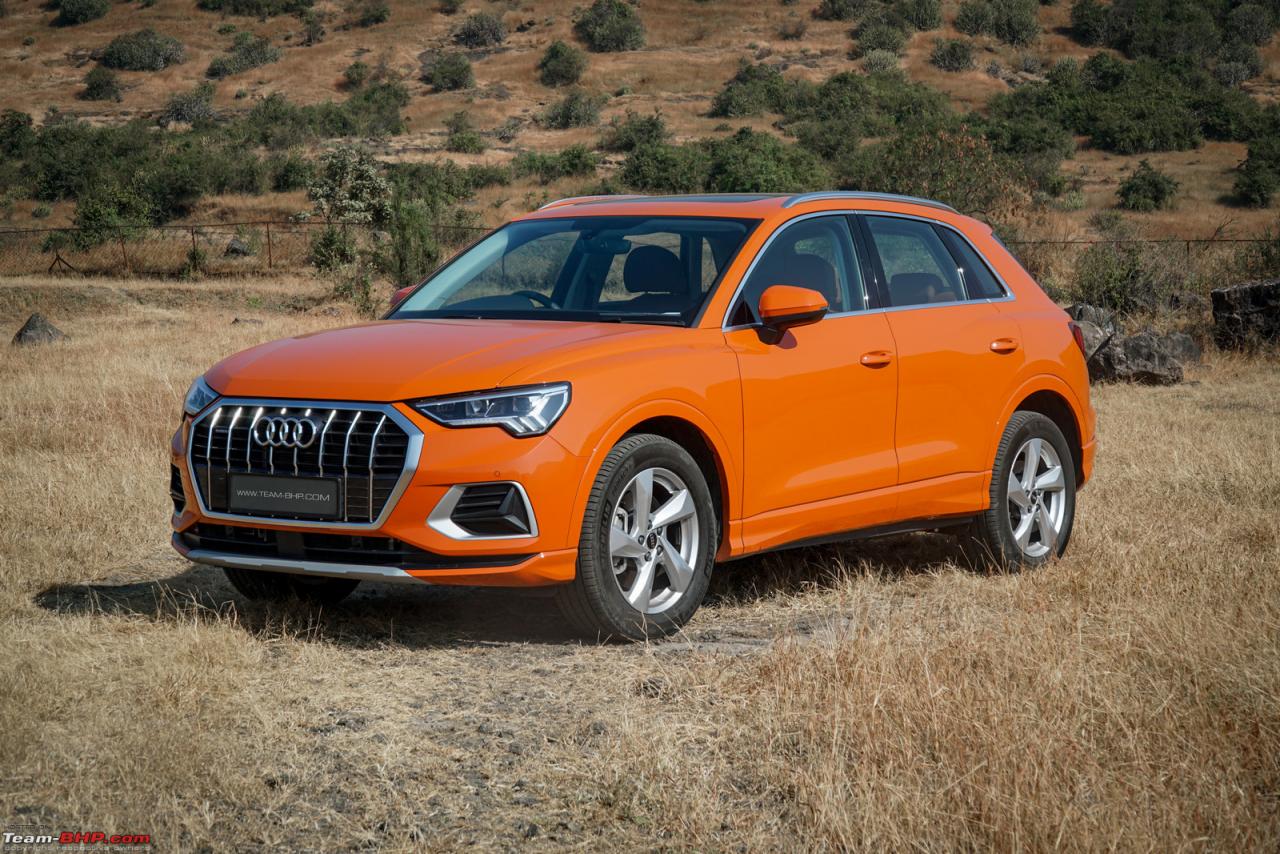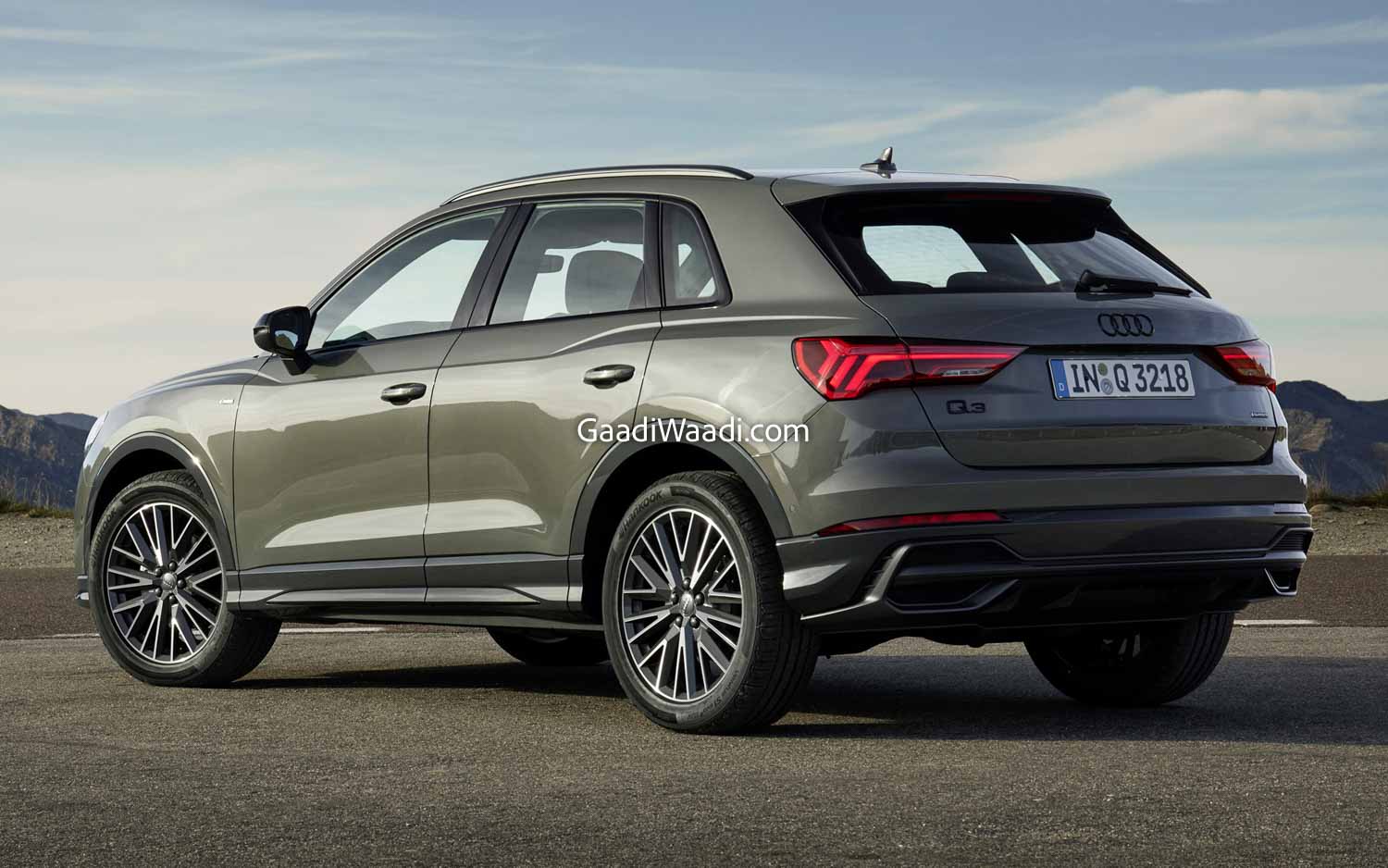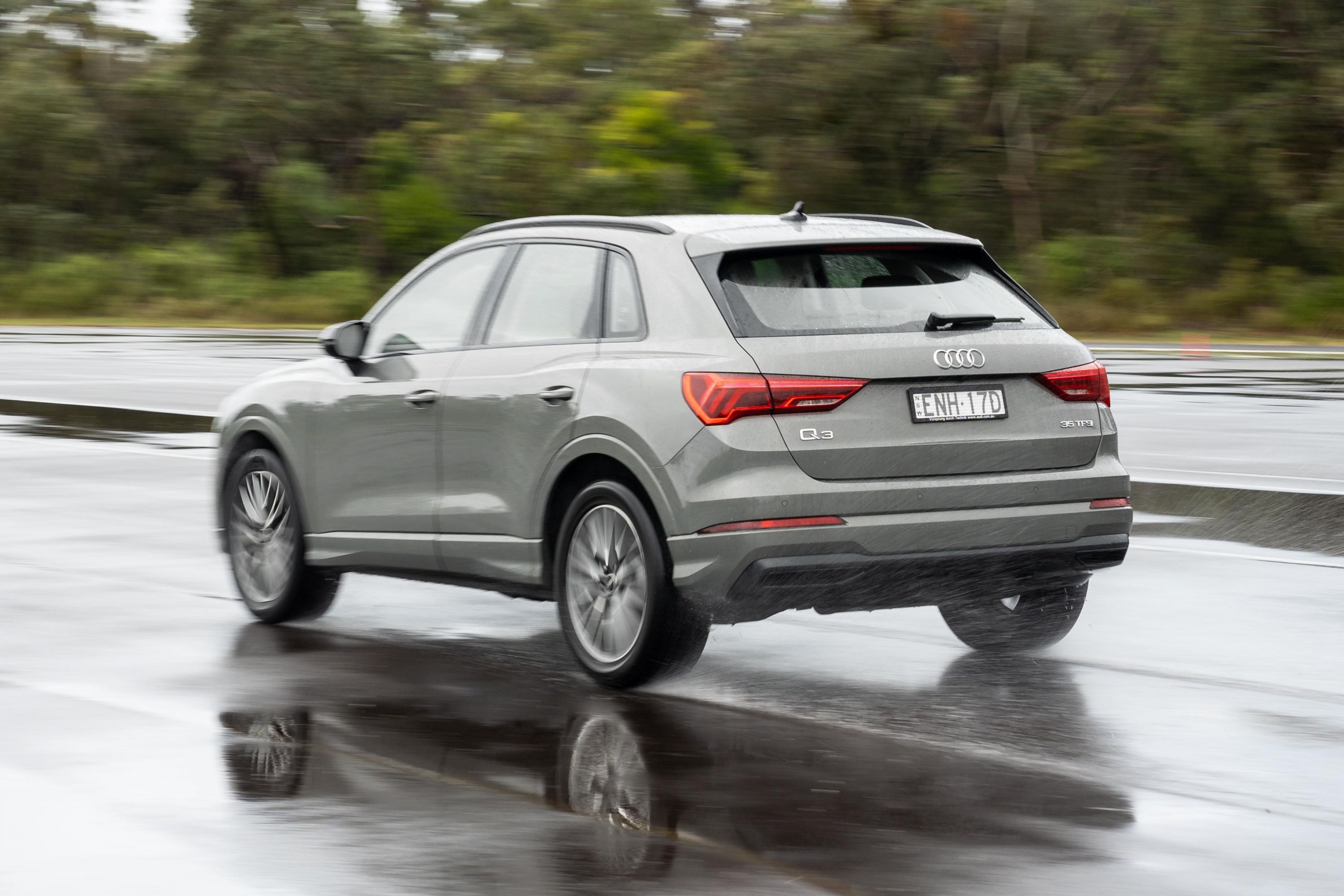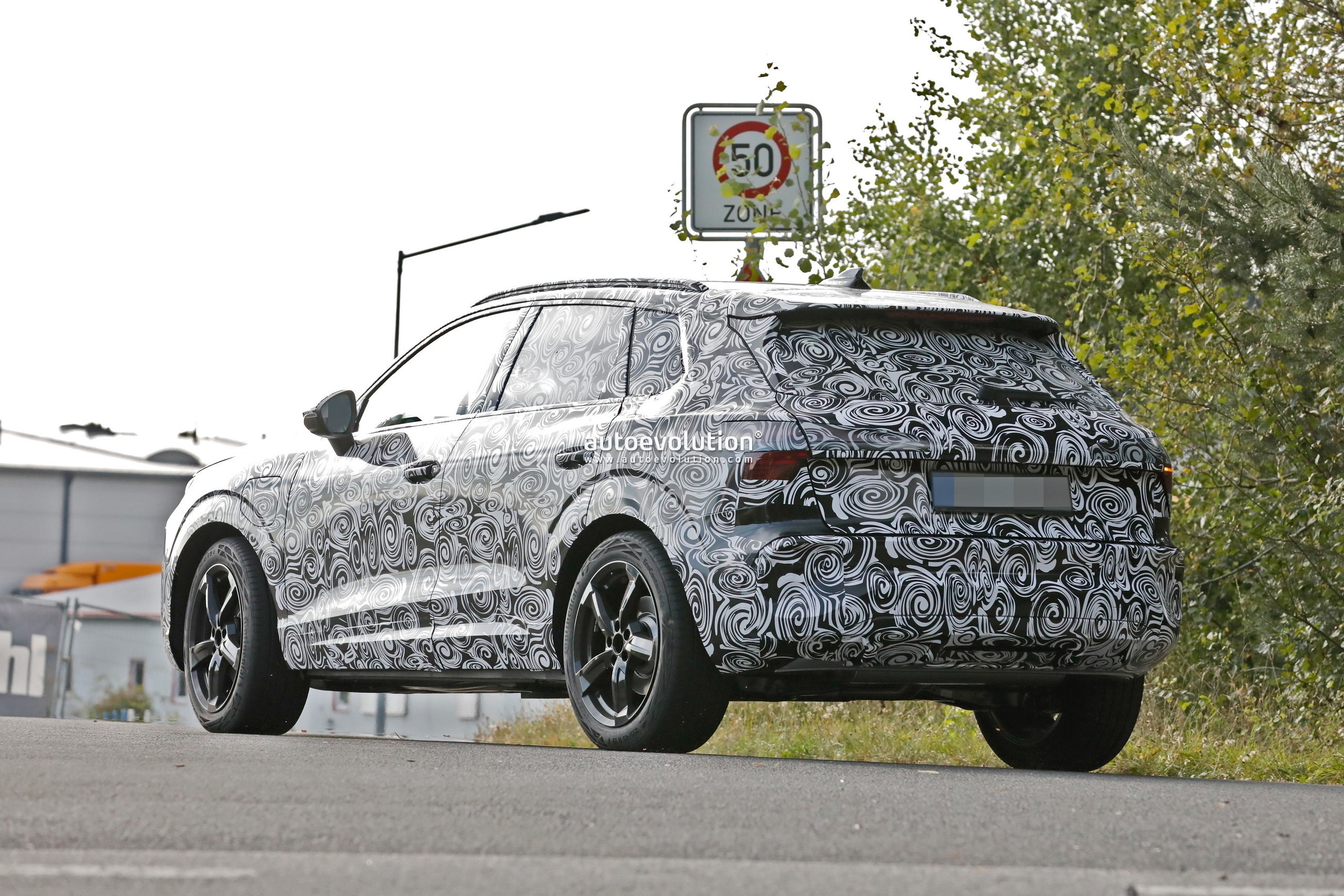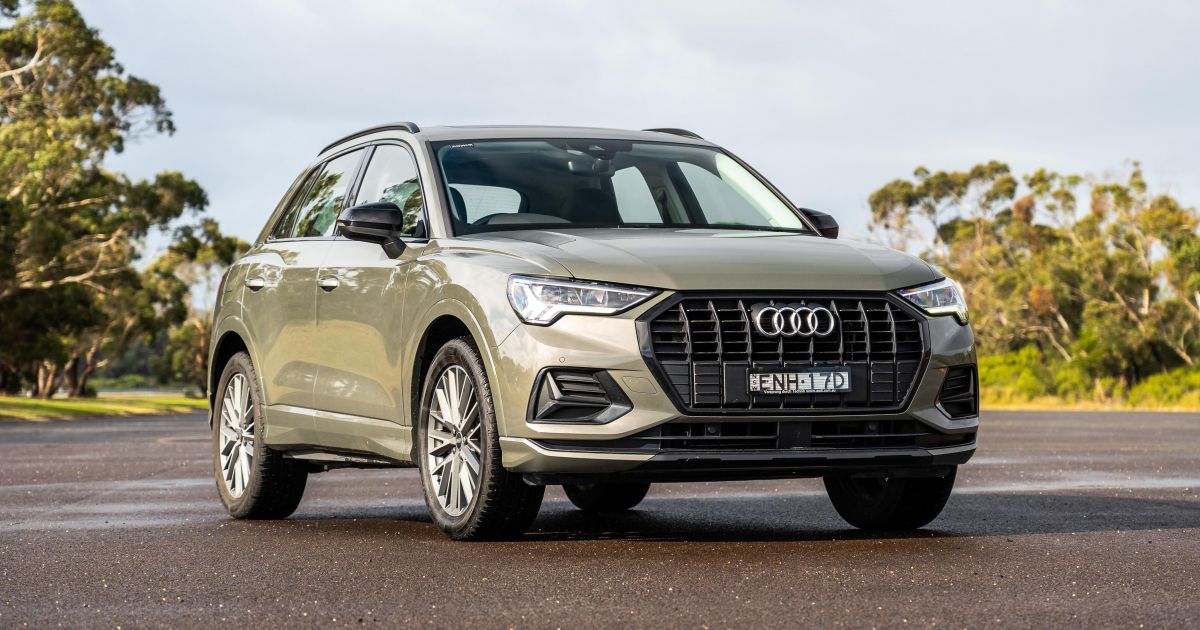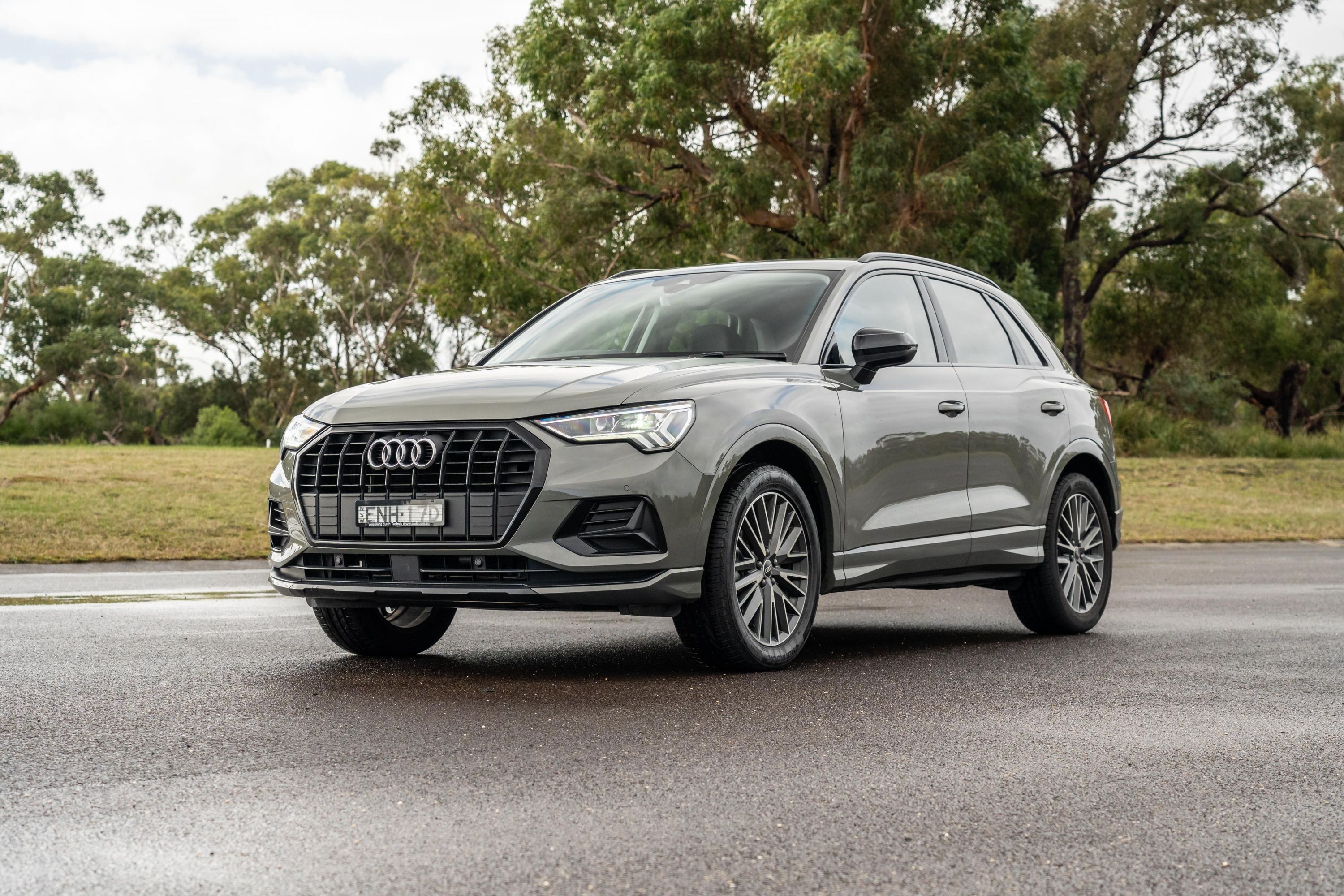The Audi Q3: A Future Uncertain, But A Legacy Secure
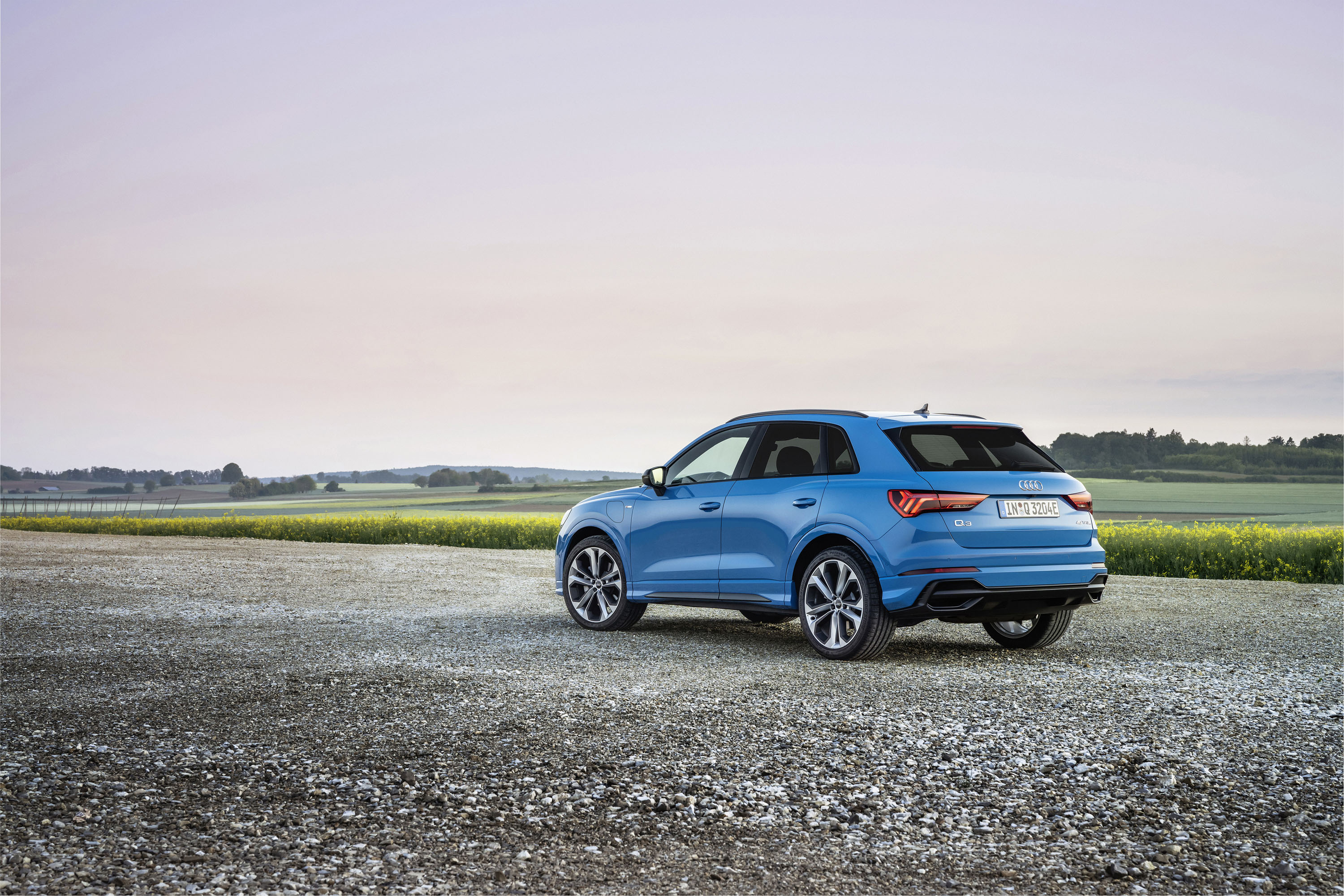
The Audi Q3: A Future Uncertain, but a Legacy Secure
The Audi Q3, a compact luxury SUV that carved its niche in the competitive market, has found itself at the crossroads. While its future remains uncertain, the model’s impact on the automotive landscape is undeniable. This article delves into the Q3’s journey, exploring its strengths, weaknesses, and the factors contributing to its potential discontinuation. We’ll also examine the implications for Audi and the future of the compact luxury SUV segment.
A Look Back: The Genesis of the Audi Q3
Launched in 2011, the first-generation Audi Q3 aimed to capture the growing demand for stylish, practical, and affordable luxury SUVs. Built on the Volkswagen Group’s versatile MQB platform, the Q3 shared its underpinnings with other popular models like the Volkswagen Golf and the SEAT Leon. This shared platform allowed Audi to offer a competitive price point without compromising on quality.
The Q3’s success was built upon a foundation of desirable features:
- Premium Design: Audi’s signature design language, characterized by sharp lines, a prominent grille, and a sophisticated overall aesthetic, was evident in the Q3. It offered a sleek and modern look that appealed to a wide range of buyers.
- Practicality and Versatility: The Q3’s compact dimensions provided nimble handling in urban environments, while its spacious interior and 460-liter boot space made it suitable for families and weekend getaways.
- Engine Options and Performance: The Q3 offered a diverse range of petrol and diesel engines, catering to various driving styles and fuel efficiency preferences. While not a performance powerhouse, it provided a smooth and engaging driving experience.
- Technological Advancements: The Q3 was equipped with Audi’s latest infotainment and safety features, including the MMI infotainment system, a virtual cockpit, and a suite of driver assistance systems.
The Q3’s Evolution: A Second Generation and a Shift in Focus
In 2018, Audi introduced the second generation of the Q3. This iteration aimed to further enhance the model’s appeal by:
- Refined Design: The new Q3 adopted a more angular and aggressive design language, emphasizing its sporty character. The octagonal grille, sharper headlights, and a more sculpted bodywork gave it a bolder presence on the road.
- Improved Interior Quality: Audi focused on enhancing the interior’s quality and comfort. The dashboard was redesigned with a more driver-centric layout, and the materials used were of higher quality.
- Enhanced Technology: The new Q3 featured a larger touchscreen infotainment system, a more advanced virtual cockpit, and an expanded suite of driver assistance systems.
- Increased Focus on Efficiency: The engine lineup was revised, with a focus on fuel efficiency and reduced emissions. The introduction of mild-hybrid technology further improved fuel economy.
Despite these improvements, the Q3 faced growing competition from within the Audi lineup and from rival brands. The rise of the larger and more luxurious Audi Q4, along with the arrival of the electric Q4 e-tron, put pressure on the Q3’s position within the brand’s portfolio.
The Discontinuation Rumors: A Growing Trend in the Automotive Industry
Rumors about the Q3’s discontinuation began circulating in 2022. These rumors stem from several factors:
- Declining Sales: While the Q3 remained a popular model, its sales figures have been declining in recent years. This decline can be attributed to the increased competition in the compact luxury SUV segment and the rising popularity of larger SUVs.
- Shifting Market Focus: Audi, like many other automakers, is prioritizing the development and production of electric vehicles. The brand’s focus on electrifying its lineup has led to a reallocation of resources, potentially impacting the future of some internal combustion engine models.
- Production Costs: The increasing complexity of vehicles, coupled with rising raw material costs, has put pressure on manufacturers to optimize their production processes. Discontinuing models with lower sales figures can be a way to reduce costs and streamline production.
The Future of the Audi Q3: A Question Mark
While Audi has not officially confirmed the discontinuation of the Q3, the rumors persist. The brand has not announced any plans for a third generation, and its focus on electric vehicles suggests that the Q3’s future is uncertain.
However, it’s important to consider that the Q3’s discontinuation would not be a unique occurrence in the automotive industry. Many manufacturers have discontinued models due to declining sales, shifting market trends, or strategic realignment.
The Implications of the Q3’s Potential Discontinuation
The potential discontinuation of the Audi Q3 would have significant implications for both Audi and the compact luxury SUV segment:
- Impact on Audi: The Q3’s discontinuation would leave a void in Audi’s lineup, particularly in the compact SUV segment. The brand would need to find ways to fill this gap, either through the introduction of a new model or by repositioning existing models.
- Impact on the Compact Luxury SUV Segment: The Q3’s departure would further intensify competition in the compact luxury SUV segment. Other brands, such as BMW, Mercedes-Benz, and Volvo, would have an opportunity to gain market share.
- Impact on Customers: Customers who are looking for a compact luxury SUV with a blend of style, practicality, and affordability may be disappointed by the Q3’s potential discontinuation. They would need to consider alternative models from other brands or explore larger and more expensive options within the Audi lineup.
The Q3’s Legacy: A Successful Run in a Competitive Market
Despite the uncertainty surrounding its future, the Audi Q3 has left a lasting impact on the automotive landscape. It established itself as a successful model in the competitive compact luxury SUV segment, offering a compelling blend of style, practicality, and performance.
The Q3’s success can be attributed to Audi’s ability to combine premium design and technology with a competitive price point. It appealed to a wide range of buyers, from young professionals to families looking for a stylish and practical SUV.
Conclusion: A Shift in the Automotive Landscape
The potential discontinuation of the Audi Q3 reflects the ongoing shift in the automotive landscape. The rise of electric vehicles, the increasing focus on sustainability, and the evolving consumer preferences are shaping the future of the industry.
While the Q3’s future remains uncertain, its legacy as a successful and popular model will endure. The brand’s commitment to innovation and its focus on electric vehicles suggest that Audi will continue to be a major player in the automotive industry. The Q3’s potential discontinuation serves as a reminder that the industry is constantly evolving, and brands must adapt to stay ahead of the curve.
